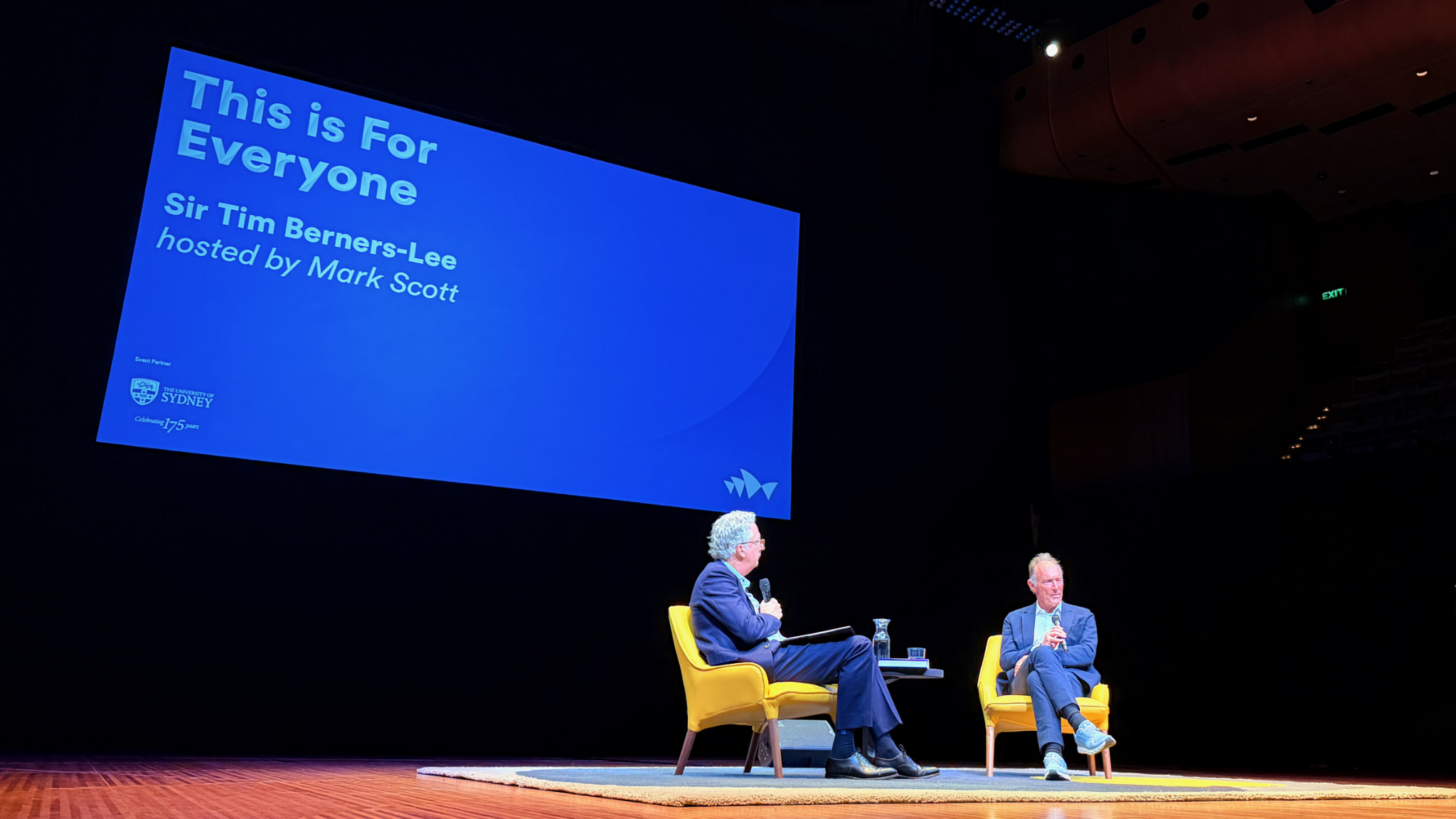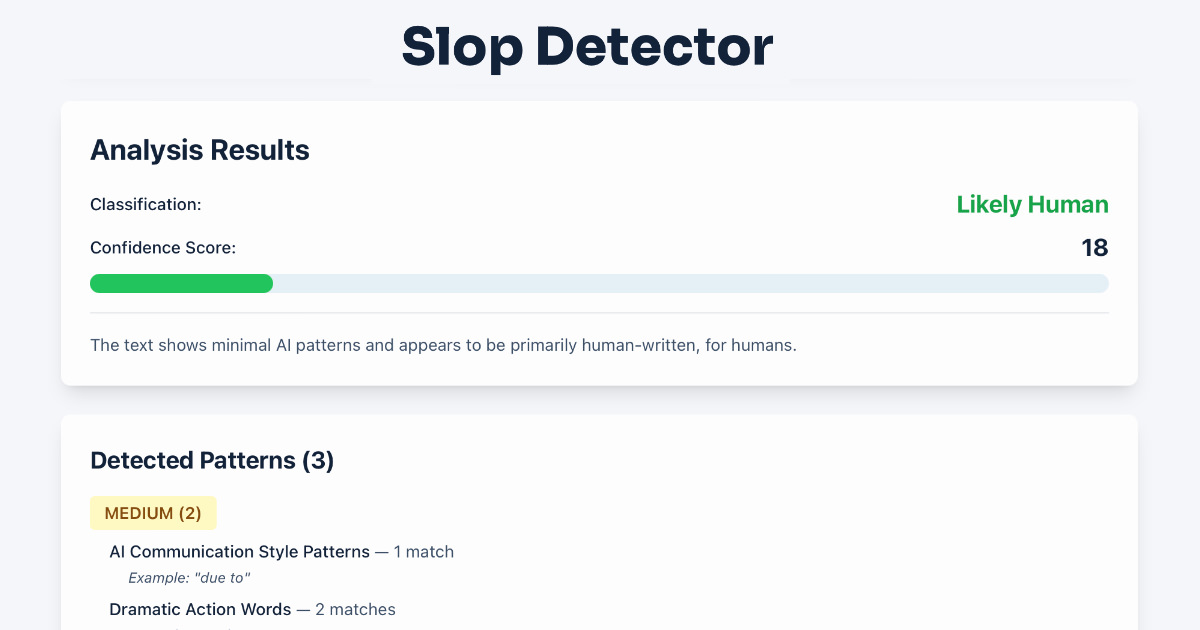Technology Review has a special report on 10 emerging technologies for 2008. One is Offline Web Applications, which I’m not going to talk about, it’s kind of obvious (Air, Gears, etc). Others are very “out there” (“Connectomics”, “NanoRadio”, “Probabilistic Chips” anyone…?). Another one though is pretty real: “Reality Mining“.
So what are they talking about? MIT Media Lab:
Reality Mining defines the collection of machine-sensed environmental data pertaining to human social behaviour. Reality Mining measures information access and use in different contexts, recognizes social patterns in daily user activity, infers relationships, identifies socially significant locations, and models organizational rhythms.
It is emerging in a sense that it is only now that recent advances in mobile technology put the tools in people’s hands to actually aggregate large, realistic datasets of measurable information. In the last 6 to 12 months new mobile phone handsets are being combined with Wifi and GPS. The boundary between mobile phone (a phone to make, you know, phone calls and send text messages) and smart phone (a mobile phone with additional business related applications like email, office documents, multimedia) is blurring fast, and mobile data is getting faster and more affordable. But Reality Mining as an academic experiment at MIT has been happening for more than 5 years already (using Bluetooth) and they have collected over 350,000 hours (~40 years) of continuous data on human behaviour (100 subjects at MIT – Sensing complex social systems – pdf).
Only recently several other Reality Mining experiments came to light, like Cityware’s Digital Footprint in the UK and bluetoothtracking.org in the Netherlands. The goal of Cityware is “to develop theory, principles, tools and techniques for the design, implementation and evaluation of city-scale pervasive systems as integral facets of the urban landscape.” But in both projects participants are actually unaware that they are participating, in fact they are covertly being tracked without their consent in a technology experiment using Bluetooth scanners installed at secret locations in offices, campuses, streets and pubs to pinpoint people’s whereabouts. And they have been doing so for 3 years.
More than 1,000 scanners across the world at any time detect passing Bluetooth signals and send the data to Cityware’s central database. Those with access to the database admit they do not know precisely how many scanners have been created, but there are known to be scanners in San Diego, Hong Kong, Australia, Singapore, Toronto and Berlin.
Although anonymous, most Bluetooth devices are given a personal name (Tom’s Blackberry), and the Bluetooth scanners can even pick up full names, email addresses, and address books from poorly configured devices.
Closer to our hearts (as it were), Yahoo! is experimenting with its MyBlogLog service:
MyBlogLog allows users to bind their Bluetooth address to their MyBlogLog account and discover others nearby and find out if they have any shared interests. Meetspace [meat-space?] keeps track of time spent with others so they have a running log of people to meet and things to talk about.”
MyBlogLog uses a mobile Java applet to tie your Bluetooth device to your MyBlogLog account, then polls for new activity every two minutes. There are plenty of other services out there doing the same (Google Dodgeball).
But back to today’s future… and the iPhone. The iPhone for example offers assisted GPS which means you don’t even need a GPS signal for location aware services, cell-tower triangulation can be used, as well as Wifi AP triangulation (which by the way also works nicely on the iPod touch), as long as there are known access points around (known to Skyhook that is). And we happily use those services together with our social network apps. There are already countless social, location-aware apps available on the Apple App store like Exposure and Twinkle, and if our favourite social app doesn’t have a iPhone native app, we’ll happily connect to Brightkite or other Yahoo! Fire Eagle enable service and tell everyone (or only friends and family) where we are and what we do, and who we do it with…
Where previously thousands of Bluetooth enabled device where being scanned and tracked (unknowingly and unwillingly) by ten scanners spread around Bath, UK, now, at the same locations around Bath, or for that matter around the country, hundreds of thousands of users would be broadcasting their doings and location, and do so voluntarily. Though we might not know what is happening with that information. While we try to retain control of (and monetize) our Attention data on the web, will we be able to retain control (and monetize) our Lifestream data?
The mobile phone as a social artefact becomes more and more a personal black box, recording our every move (into the cloud), for later playback. Where we currently see governments worldwide implement retention policies for email, we might see, in a not so distant future, a retention policy on our lifestream. I do hope I’m wrong.
Have a look at this short video interview (4 min) on Reality Mining, with Alex (Sandy) Pentland, director of the Human Dynamics Group at MIT.
BTW, I love my iPhone, and I love location aware applications, but I always have Bluetooth disabled on my phone.






